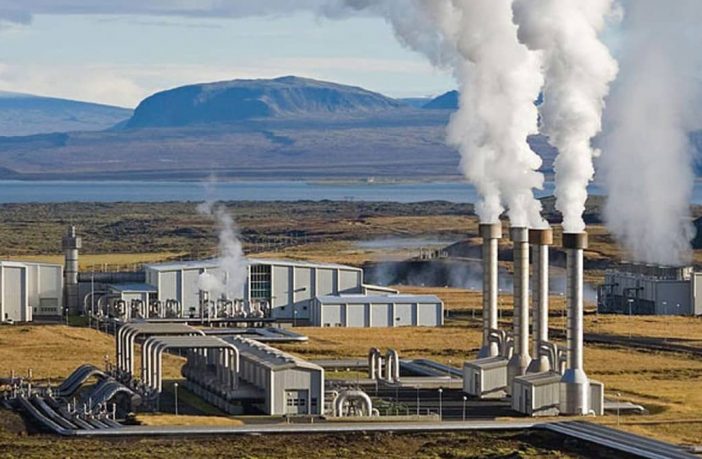News Flash
- Kenya Electricity Generating Co (Kengen) wants to raise USD 1.95 billion to build new geothermal plants plus upgrade existing plants in a bid to almost double its power output from this natural resource.
- Kengen currently generates 706MW from geothermal technology, roughly 40% of the country’s total energy production.
The company wants to add and additional 651MW capacity in the next five years. Most of the funds will be sought from development financiers said Cyrus Karingithi, Kengen’s assistant manager for resource development and infrastructure at a site briefing earlier this week.
KenGen plans to build four new 140-megawatt steam-power plants each, including a project to be delivered as a public-private partnership, according to Karingithi. Steam wells have already been drilled at two of the planned facilities. The company also plans to upgrade some projects to add 66 megawatts and to deliver another 25 megawatts from wellheads, mobile generating plants, at the Eburru field.
Kengen is the leading geothermal technology provider in Africa. They recently signed a drilling contract with the Djibouti Geothermal Energy for 15MW geothermal project in Galla Le Koma. They are also providing drilling services in Ethiopia. Read more
About geothermal power
Geothermal power is power generated by geothermal energy which occurs naturally underground. Technologies in use include dry steam power stations, flash steam power stations and binary cycle powerstations. Geothermal power is considered to be a sustainable, renewable source of energy because the heat extraction is small compared with the Earth’s heat content. The greenhouse gas emissions of geothermal electric stations are on average 45 grams of carbon dioxide per kilowatt-hour of electricity, or less than 5 percent of that of conventional coal-fired plants.
Author: Bryan Groenendaal















